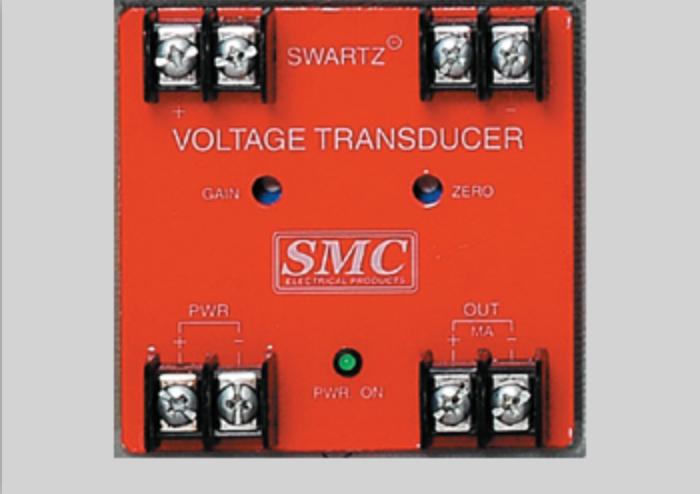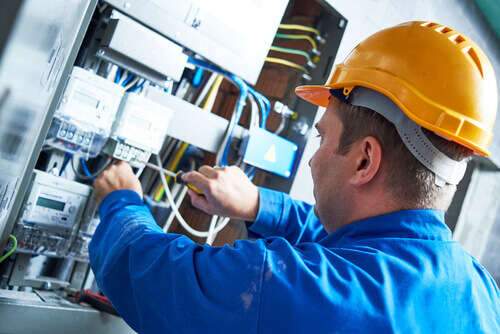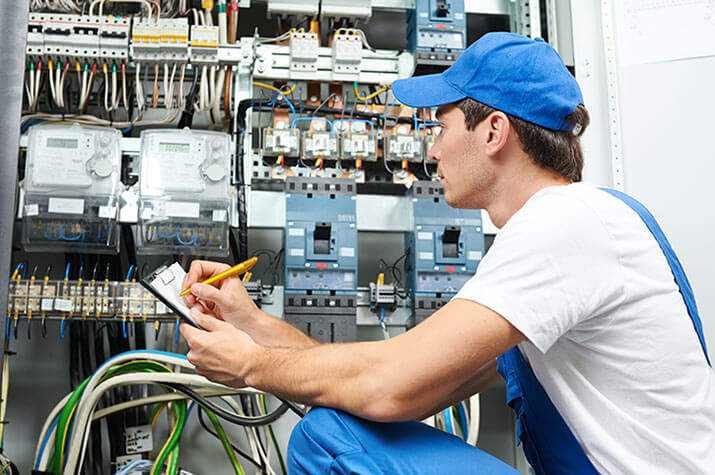 This article will take a deep dive into the world of transducers with a special focus on sensors. We will explore the various types of transducers as well as their applications. We will better understand how transducers work, and much more.
This article will take a deep dive into the world of transducers with a special focus on sensors. We will explore the various types of transducers as well as their applications. We will better understand how transducers work, and much more.
What are Transducers?
A transducer is a device that converts energy from one form to another. Converting one form of energy to another is known as transduction. Industry workers often use transducers at the boundaries of automation, measurement, and control systems, where transducers convert the electrical signals to and from other physical quantities, mainly through energy, force, torque, light, motion, position, etc.
What Are the Different Types of Transducers?
Lots! There are almost too many! Some of them have been mentioned: current and magnetic field transducers. Microphones, speakers, thermocouples. Transducers include antenna receivers and transmitters.
Current Transducers
When we need to measure a secondary signal, current transducers can be used.
Transducers for Magnetic Fields
Magnetic Field Transducers can be used to convert magnetic fields from one source to another.
Transducers for Pressure
These devices, also known as force transducers, convert force into a number that can be measured or understood. These devices are also known as load cells.

Piezoelectric Transducer
Piezoelectric Transducers convert the electrical charges from some solid materials into energy. These transducers employ the term "piezoelectric", which literally means electricity caused under pressure.
Thermocouples
Thermocouples, which look like electronic thermometers, measure voltage changes and protect our phones, thermostats, and cars from overheating.
Electromechanical Transducers
An electromechanical transducer is any device that converts sound waves into electrical signals (such as a loudspeaker) or converts sound waves into electrical signals (such as a microphone).
Transducers for Mutual Induction
Two coils are used for mutual induction. One coil is used to generate excitation, and the other for output.
Strain Gauge
Strain gauges are a type of transducer that converts a physical quantity, such as pressure or load, into mechanical strain on the strain-generating body. Mounted strain gauges convert the strain into electrical output.
What Is an Example of a Transducer?
Let's take an example of what we use most every day: our phones. Every phone has a speaker and microphone.
For those who enjoy counting their steps, there are accelerometers that measure the movement of your phone. Electronic compasses. Gyroscopes. These are all input transducers or sensors. An output transducer (actuator) is the actuator that causes your phone's screen to vibrate when it is turned off. As if all that wasn't enough, every pixel of your screen is a transducer. Transducers can be found everywhere, as you can see.
You can also find other examples of transducers in your car. A transducer is responsible for almost everything on your dashboard. The speedometer converts your wheel's rotational speed into miles per hour. The Hall effect sensor in a tachometer sends an electronic signal every time the engine rotates.
Thermocouples measure the temperature of the engine, cabin, and exterior. Pressure sensors monitor your oil pressure and detect any changes in tire pressure. To detect and deploy airbags, accelerators are used. Transducers are used to detect and activate the actuator motors that control your seat adjustment.

What's the Difference Between a Sensor and a Transducer?
The transducer includes both actuators and sensors. A sensor is a device that reacts to the environment (temperature, pressure, temperature, etc.) and converts it into an electronic signal that can be stored or analyzed elsewhere. A sensor can be described as a type of transducer.
Benefits of a Transducer
A transducer is a device that converts one form of energy to another. In industrial settings, transducers are commonly used to convert physical quantities, such as temperature, pressure, or voltage, into electrical signals that can be measured and analyzed. Here are some of the main benefits of using a transducer:
- Accurate Measurement: Transducers provide highly accurate measurements of physical quantities, ensuring that operators can make informed decisions based on reliable data.
- Real-time Monitoring: Transducers can provide real-time monitoring of physical quantities, allowing operators to quickly detect and respond to any abnormalities or fluctuations in the system.
- Easy Installation: Transducers are easy to install and require minimal maintenance, making them a flexible and cost-effective solution for various industrial applications.
- Versatility: Transducers can be used to measure and monitor a wide range of physical quantities, including temperature, pressure, humidity, and voltage. This versatility makes them an essential tool for many industrial applications.
- Improved Efficiency: By providing accurate measurements and real-time monitoring, transducers can help to improve the efficiency of industrial processes. They can detect inefficiencies or abnormalities in the system and provide data to help operators optimize processes and reduce waste.
- Enhanced Safety: Transducers can help to enhance safety in industrial settings by providing real-time monitoring of physical quantities. They can quickly detect any abnormalities or fluctuations that may pose a safety hazard, allowing operators to take appropriate action.
Contact Us
The Swartz Engineering Watt Transducer is a high-performance, solid-state unit specifically developed to meet requirements for supervisory control and data acquisition (SCADA) systems. The transducer is ruggedly constructed for the transit substation environment and operates from DC “housekeeping” battery supplies without the use of separate AC inverters. Call us today.
Products We Offer
Swartz Engineering strives to provide top-quality products to achieve our customers needs. Our products include:
- Type 76 DC Relay
- Type 82 DC Relay
- Swartz Engineering’s Type 64 Ground Relay
- Type 32 Reverse Current Relay
- Type 150 DC
- CSM Shield Monitor
- Metal Oxide Surge Arrestors
- Transducers
- MVIS SL Slim-line Contactor
- Fully-tested Power Control Rooms
- Swartz Engineering’s Portable Substations
